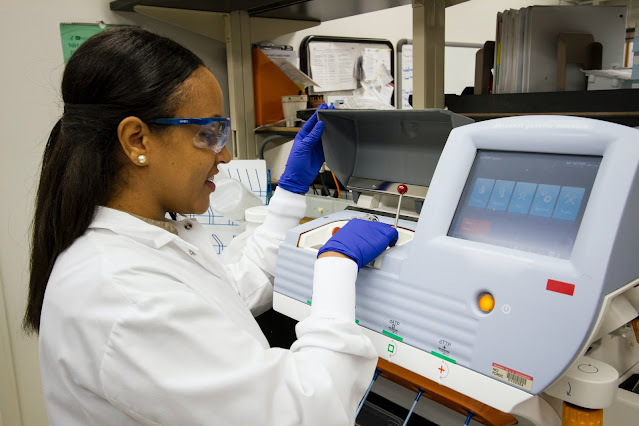What is Thalassemia Screening? Explain Types of Thalassemia.

Thalassemia Screening is the mode to screen for all the hemoglobinopathies, which indicate disorders affecting the function of hemoglobin in the blood, to discover if a person (especially a parent) is impacted by Thalassemia or is a carrier of Thalassemia. Thalassemia is a genetic blood disorder. Persons with Thalassemia illness are not smart to make good hemoglobin, which claims severe Anaemia. Hemoglobin is found in red blood cells and brings oxygen to all portions of the body. When there is not sufficient hemoglobin in the red blood cells, oxygen cannot get to all parts of the body. Structures then become hungry for oxygen and are unable to function correctly. Mainly there are 2 types of Thalassemia · Alpha Thalassemia disease · Beta Thalassemia disease. Alpha-thalassemia Alpha thalassemia mentions a group of disorders branded by the inactivation of alpha-globin genes. This consequence is a comparative increase in non-functional beta-globin or gamma globin tetramers following c...
